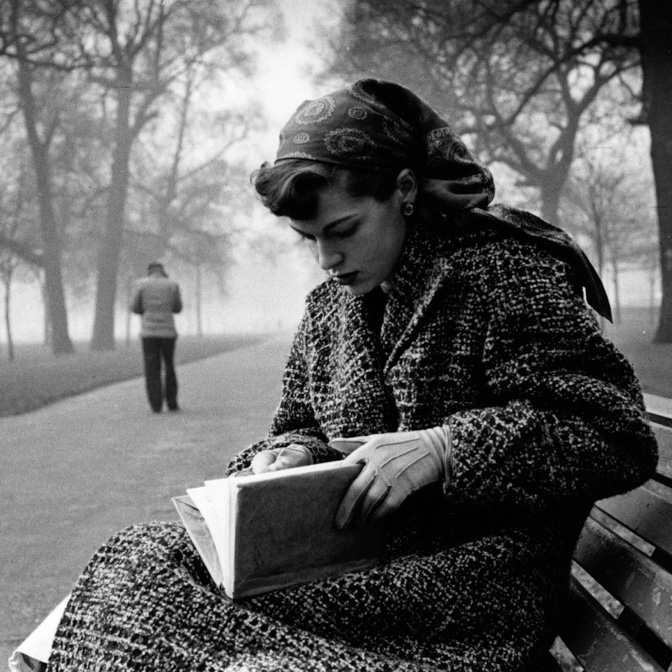Katharine Whitehorn knew very well that she would be best remembered for one column among the thousands she wrote in almost six decades. It was published in The Observer in 1963 and in it she called herself a slut. She was not, of course, describing a Waynetta Slob style of slut, just one of those disorganized women who resort to inking their legs to disguise holes in black stockings, and who can be identified by the safety pins holding up their hems. If you have ever taken an item of clothing out of the laundry basket because it has become, relatively, the cleaner thing, she said, then you are one of us. Her candor clinched her fame and inspired dozens of confessional female columnists to admit to their fallibility: it was such a far cry from the prissy perfectionism of most postwar advice to women.
What she wrote was exactly right for the time. A generation of women responded with amazed delight, and became her loyal readership for half a century, looking to her for wit and common sense about marriage, children, divorce, money troubles and old age.

